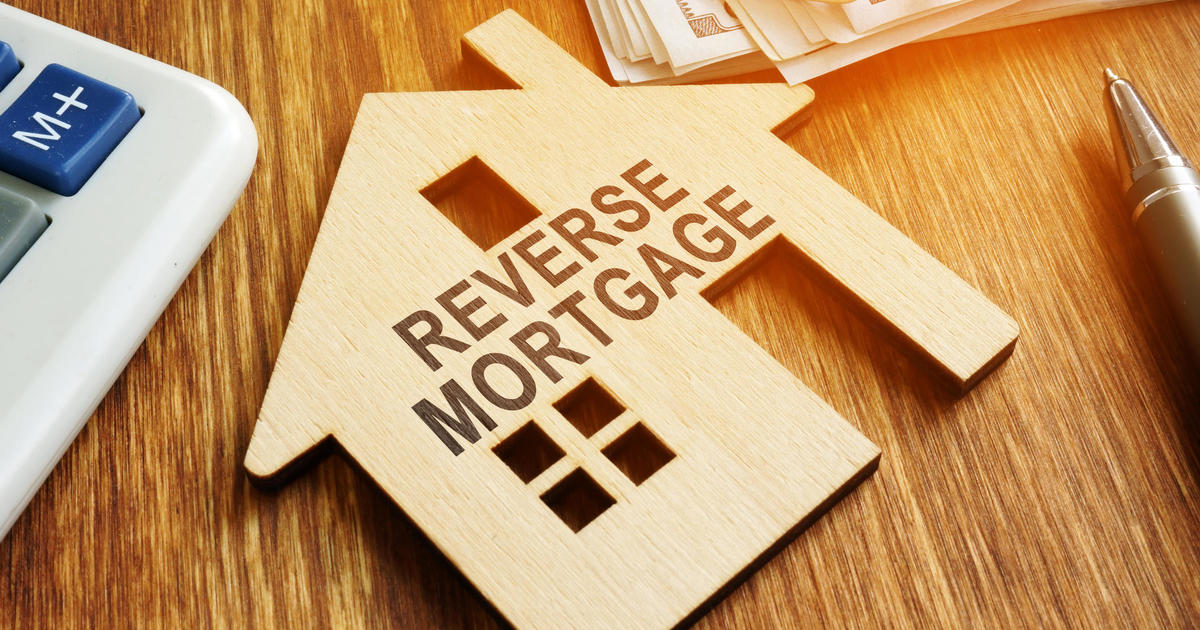Is a reverse mortgage worth it?
If you're a senior looking to reduce expenses or have extra income, you may have come across a product known as a reverse mortgage. Reverse mortgages are a funding source available only to homeowners who are 62 or older. Like other home equity options, such as home equity loans and home equity lines of credit (HELOCs), reverse mortgages allow you to tap into the equity in your home. However, they also provide some unique benefits.
You can receive reverse mortgage funds as a lump sum, line of credit or monthly payments. These funds are tax-free, and you're not required to pay the lender back as long as you stay in the home, making this the rare loan that pays you rather than the other way around.
Sound intriguing? If so, read on to learn when a reverse mortgage is worth considering.
If you think you would benefit from a reverse mortgage, see what you could qualify for here.
Is a reverse mortgage worth it?
As with any financial product, reverse mortgages come with pros and cons. Here are three of their biggest benefits.
It can provide cash flow
You can use a reverse mortgage for anything you like — there are no restrictions. If you choose a lump-sum payment or line of credit, you'll have a large amount of cash at once for expenses like paying off debt or making your home more accessible. If you opt for monthly payments, you'll have regular supplemental income for things like daily living expenses or long-term care.
Compare your reverse mortgage options online now.
It can eliminate your monthly mortgage payment
With most loans, you must begin paying back the lender once you receive the funds. That's not the case with reverse mortgages.
If you owe a balance on your mortgage, you must first use the reverse mortgage funds to pay off that balance. You'll get a lower amount in cash as a result. However, it also means you'll no longer have monthly mortgage payments. This sets it apart from home equity loans and HELOCs, which require repayment either immediately or within a certain number of years.
Your reverse mortgage comes due if you sell the house, move or die — at which time, your heirs must pay it back, either out of pocket or with the home's sales proceeds.
Note: You will need to continue paying property taxes and home insurance. If you fail to do so, the lender may foreclose on your home.
It's tax-free
The IRS does not consider reverse mortgage funds income, even though you can use them as income. Instead, it considers them loan proceeds, so you won't owe any taxes on them as long as you still own and live in the house.
Should you sell the house, you may be able to deduct the interest when you pay off the loan. To do so, you must have used the funds for an IRS-approved reason — namely, to "buy, build, or substantially improve the home that secures the loan."
Check your reverse mortgage eligibility here.
The bottom line
When deciding whether to take out a reverse mortgage, it's important to weigh the advantages and disadvantages. For example, while it can give you much-needed cash, you risk losing your home if you can't keep up with property taxes and home insurance payments. Do your homework, compare your options and contact a mortgage specialist if you need additional guidance.




